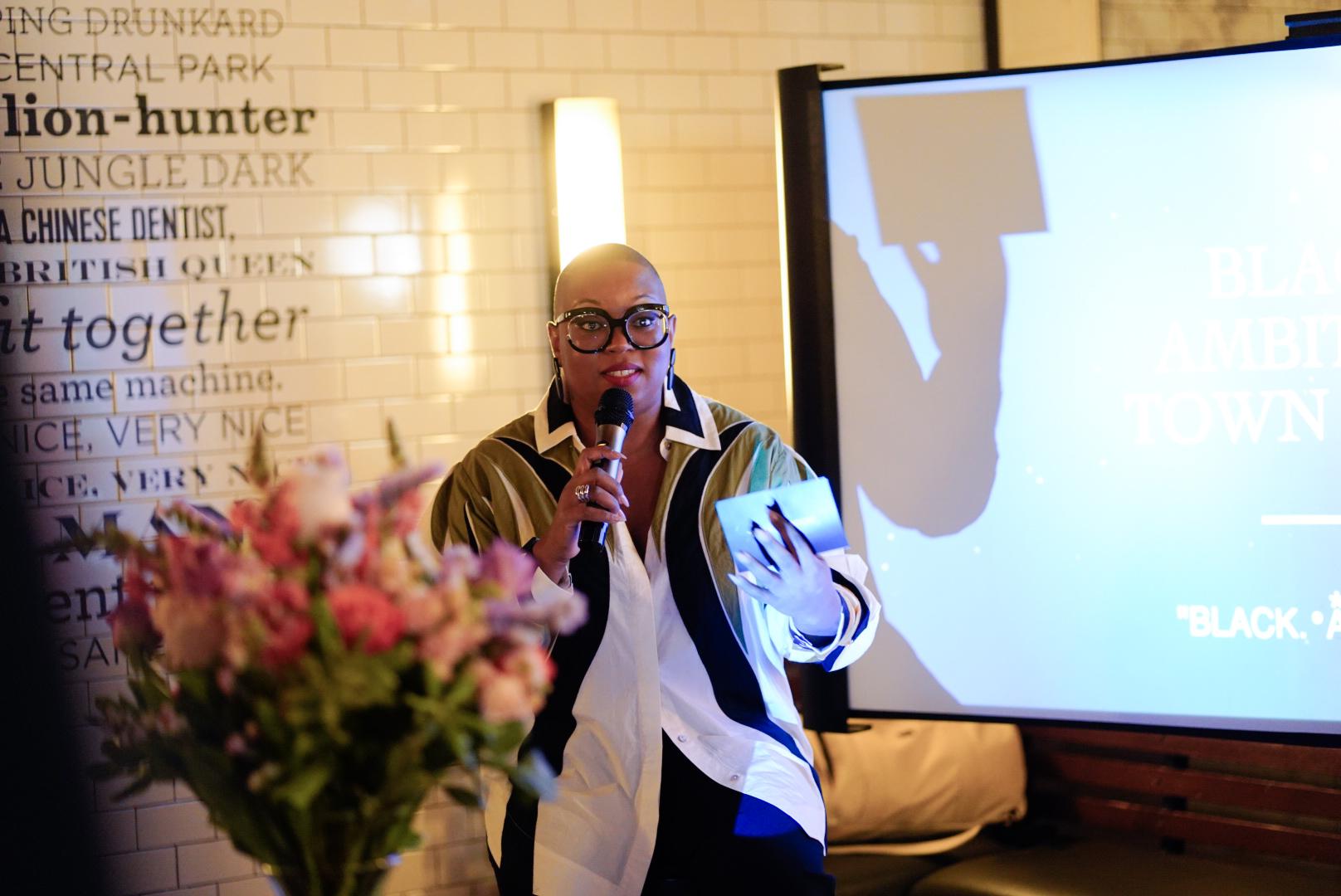The Technology Cognition Crisis Is Hitting Humanity Hard

Remember those few minutes you spent on Instagram during your lunch break? They might make you less productive. The blue light reflecting from your television? It’ll prevent you from falling asleep. The slew of angry rants you read on Twitter? They’ll nearly drive you crazy.
There’s no question that as technologies evolve and our devices become more embedded in our lives, we start entering dangerous territory. “It’s called the cognition crisis,” says Adam Gazzaley MD, PhD, professor of Neurology and Psychiatry Physiology at University of California, San Francisco. “There is strong evidence of the negative toll technology can take – from emotional regulation; the association with depression, anxiety, and attention deficit; and the impact on productivity, performance, relationships, compassion, empathy, and a number of other aspects.”
Gazzaley, the author of The Distracted Mind, has spent much of his career researching the link between human nature and how we interact with technology. “From an evolutionary perspective, we are information-seeking creatures,” he tells Thrive Global. “Evidence suggests that we essentially forage for information the same way other animals forage for food. We have a driving force to be informed.”
Gazzaley says technology has challenged us, granting unprecedented access to information that is shifting the way we interact with the environment. His research looks at some of the underlying causes of why we are so susceptible to these negative consequences. “It’s not black and white,” says Gazzaley, “This story is complex and it’s timely. It’s concerning and it’s real.”
The question we must ask is not how to eliminate, but how to fix, according to Gazzaley. “We are not putting the tech genie back in the bottle,” he says. “[Technology is] not going away, especially for our children… That’s why we need to recognize the full extent of its influence — and explore creative approaches to addressing it.” Instead of asking ourselves how to stay away from our devices, we need to reframe the question. As Gazzaley puts it, “How can we use technology to create powerful experiences that maximally harness our brain’s plasticity and elevate our minds?”
According to Gazzaley’s research, there are three pathways we can take when it comes to solving the problem that isn’t going away. The first action is in our control. “Use technology in a better way,” he suggests. “Make smart decisions about when and where and how you use technology.” The second is up to the companies behind the addictive products. “We need a call for accountability through the tech world itself. Instead of asking how many eyeballs are on a product, companies should be asking if the product has potential to hurt people,” Gazzaley says.
These solutions aren’t impossible, and some are even starting to form in the broader tech industry conversation. Whether it’s the screen time rules we try to set in our homes, the phone-free dinners that are so difficult to implement, or the new Apple iOS features that try to convince users to spend less time online, we’re beginning to see a cultural shift surrounding our devices – specifically, setting boundaries with them.
But the third solution comes down to the root of the technology’s development – and Gazzaley is optimistic about a new potential chapter in tech. “There is an exciting opportunity for all the new tech and artificial intelligence we have now,” he told me. “We should be developing new technology from scratch that is designed not to harm us, but to help us — to improve how we pay attention and regulate our emotions, how we make decisions, how we build empathy and compassion.”
The cognition crisis is a major concern for our generation, and without overgeneralizing, it is possible that those mindless minutes on Insta might end up hindering your productivity – but let’s remember the platforms themselves are not going anywhere, so it’s time we regroup. Gazzaley says if we continue to proceed without thought, we are more likely to wind up in a future where we are apologizing for the things we’ve created. Instead, let’s use our resources to start anew, Gazzaley suggests. “Let’s really start developing all of this new powerful technology so we can enhance what makes us human and not diminish it.”





